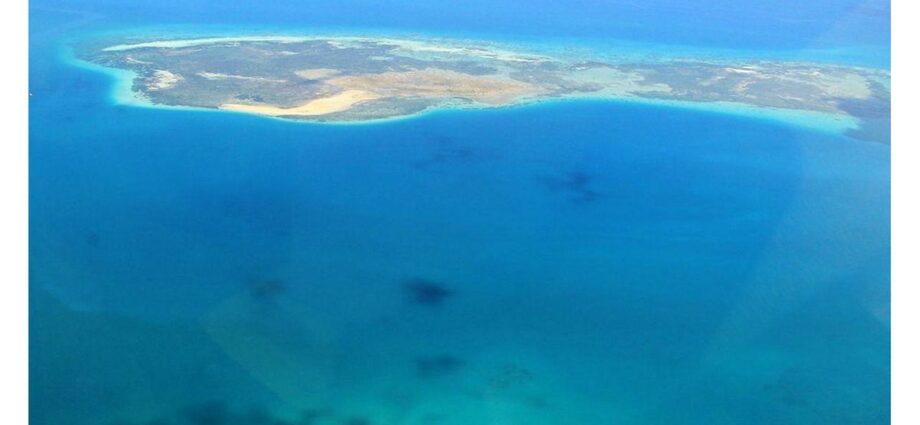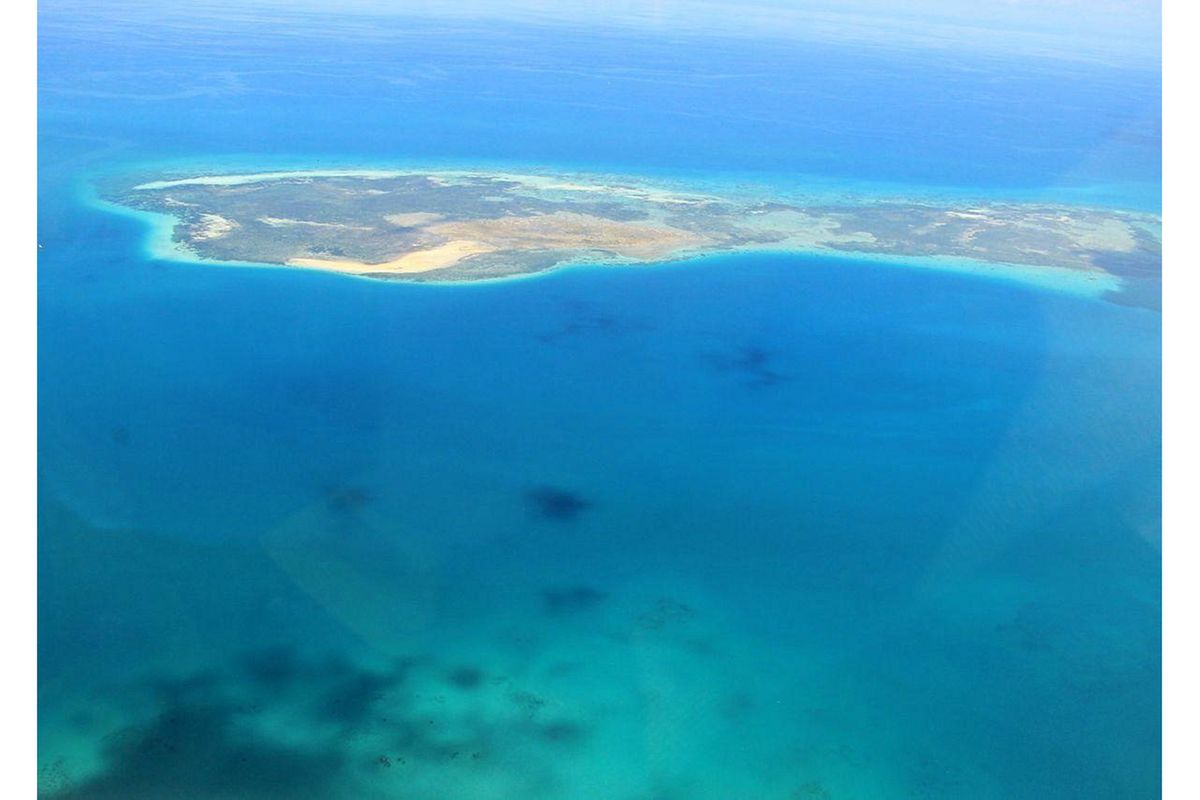Unguja. State University of Zanzibar and the Commission for Science and Technology (Costech) yesterday unveiled a research project that seeks to address marine seeds and feeds.
Fishers and aquatic farmers face challenges around seeds and feeding caused by climate change, unsustainable fisheries and environmental degradation.
The project will focus on the research regarding the breeding facilities and establishment of a laboratory for testing suitability of water and feeds.
The project is expected to add efforts towards boosting the contribution of the blue economy to the gross domestic product (GDP).
Speaking during the launch of the project, head of the research centre at Suza, Dr Mary Mtumwa Khatib said the project will help in addressing the challenges.
“This infrastructure can facilitate research and transfer of breeding technology,” she said.
Costech director general, Dr Amos Nungu said his institution provided Sh1.7 billion to facilitate research and innovations in Zanzibar in the last four years.
He said the commission had authorized research infrastructures worth Sh400 million in the isles to support the drive to implement blue economy agenda.
“We expect these initiatives will stimulate the blue economy in Zanzibar,” he said.
The project is expected to involve researches from different areas in attempt to unlock the potential of the blue economy.
Gracing the launch of the project, Zanzibar second vice president Hemed Suleiman Abdulla challenged the researchers to conduct useful studies that will not only end up in papers but address the practical challenges.














